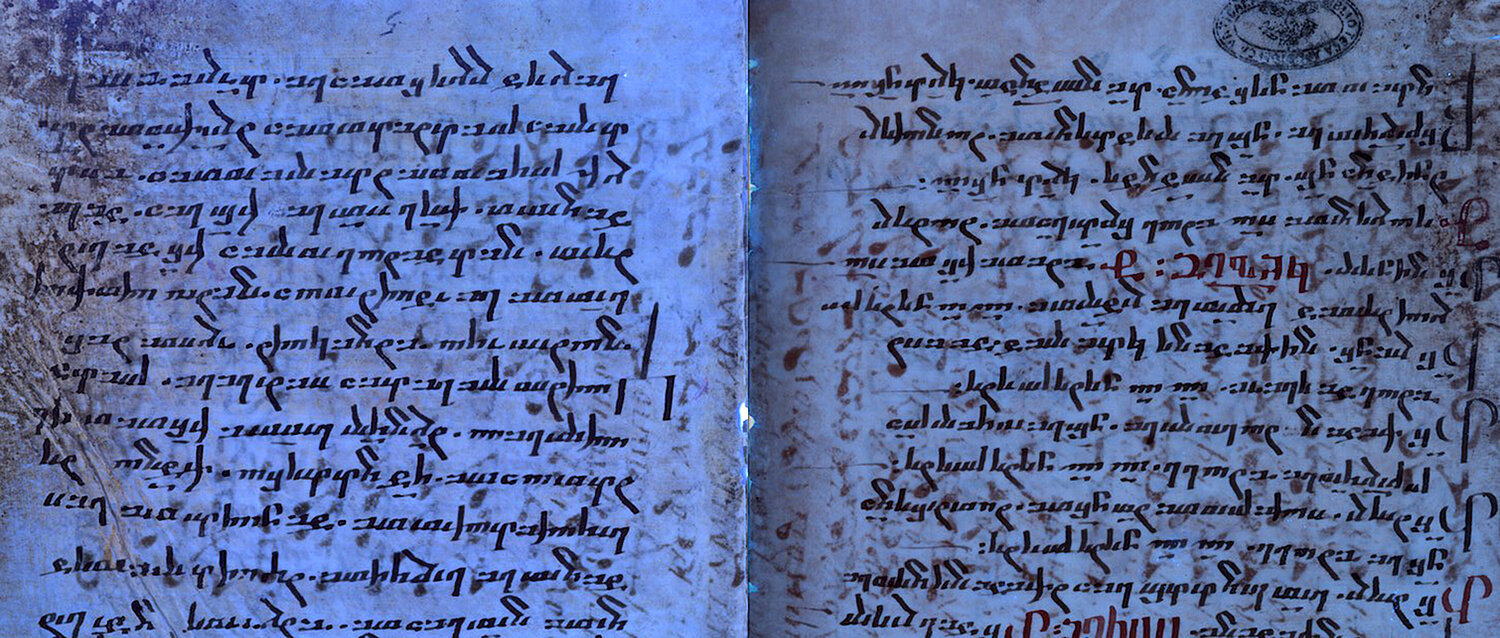An Austrian researcher has discovered a fragment of the Bible unseen for about 1300 years.
Grigory Kessel, from the Austrian Academy of Sciences (OeAW), was examining the manuscript in the Vatican archives when ultraviolet light revealed the remnants of the text beneath other writing.
The palimpsest - a manuscript that has been written over - has been dated to the 500s CE, and is believed to have been copied from an earlier Gospel written down in the 200s CE in Syria.
READ MORE: The big change coming to Woolworths

It's written in ancient Syriac on parchment, which was a rare material in the time, explaining the erasure of the original text and re-use of the pages.
Until recently, only two copies of the Gospels in Old Syriac were known to exist, and this one - containing verses from the Gospel of St Matthew - includes some differences from the first Greek texts.
In the Greek translation, Matthew chapter 12, verse 1 says: "At that time Jesus went through the grain fields on the Sabbath; and his disciples became hungry and began to pick the heads of grain and eat".
READ MORE: Charges laid after police warn of kidnapping trend

This Syriac translation says they "began to pick the heads of grain, rub them in their hands, and eat them".
It also predates any surviving Greek biblical translations by at least a century.
Claudia Rapp, director of the Institute for Medieval Research at the OeAW, said in a statement it was a "great discovery".
READ MORE: Shocking moment cyclist is allegedly run down
"This discovery proves how productive and important the interplay between modern digital technologies and basic research can be when dealing with medieval manuscripts," she said.
The Gospels - four books of the New Testament that chronicle the life and mission of Jesus - are believed to have been written in the first two centuries following his death.
The Gospels of Matthew and Luke are commonly believed to have drawn on an earlier, unknown text, nicknamed "Q" by researchers - making any discovery of a new version a historically significant find.
Sign up here to receive our daily newsletters and breaking news alerts, sent straight to your inbox.
